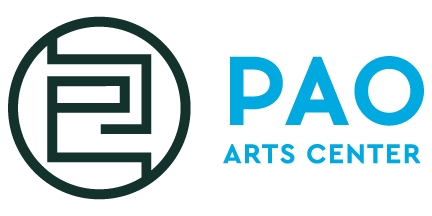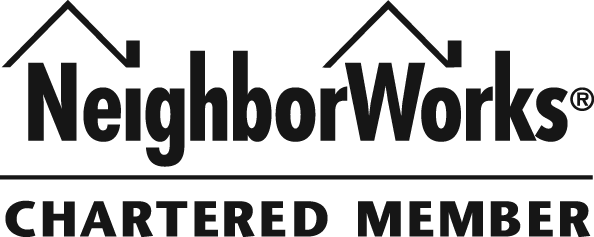Residence Lab
Residence Lab (ResLab) is an innovative residency by Pao Arts Center and the Asian Community Development Corporation (ACDC) that empowers artists and residents to collectively preserve Boston’s Chinatown through creative activation of underutilized sites in the neighborhood.
Credit: Black Dog Pictures
Since its inception in 2019, ResLab has produced Oasis (2019), Portal (2020), Collective Care (2021), and Radical Inclusion (2022).
Through co-learning and co-creation, artists and Chinatown residents partner together to create site-specific art installations that uplift the narratives, culture, and character of Chinatown’s residents.
By providing artists and residents the resources to reimagine the possibilities for underutilized spaces in Chinatown, ResLab fosters participants’ sense of agency and collective care for these spaces and the Chinatown neighborhood at large.
The program underscores the cultural, social, and language capital that already exists in Boston’s Chinatown when there is space for intentional partnerships and creative interventions. Particularly in a time of aggressive gentrification, the recognition of these sources of community power is essential for the preservation and well-being of the Chinatown neighborhood.
-
ResLab seeks to address gentrification in Chinatown and its lack of accessible open space through one visionary collaboration.
Pao Arts Center, Greater Boston’s cultural hub for the Asian Pacific Islander (API) community, and the Asian Community Development Center (ACDC), a nonprofit that preserves affordable housing and serves low-income and immigrant Asian American communities in the Greater Boston area, have a shared vision to promote cultural and spatial equity amidst rapid gentrification. Through the ResLab program, ACDC and Pao Arts Center work with artists and residents to facilitate relationships with key stakeholders and landowners in the neighborhood (the City, Tufts University, and developers) in a way that activates space and amplifies important issues that affect our community.
The unique residency builds bridges between local creatives and residents and provides one of few outlets for residents of Chinatown to express their experiences in dealing with gentrification, racism, and life as an immigrant. By facilitating an opportunity to collectively shape public land usage (albeit through temporary public art installations), the program trains and empowers artists and residents to see themselves as capable civic designers and leaders.
-
The goal is to shift power dynamics from the artist as “expert” to honoring the expertise of residents and their lived experience. In order to center their needs and remove barriers to their participation, we offer stipends for their time, free childcare, language interpretation, and food for bonding.
The success of each ResLab cohort leads Chinatown to tangible long-term land improvements, civic power, and opportunities for collective imagination, joy, and healing. ResLab alums have gone on to pursue civic art in other venues and participants feel a greater sense of power and engagement to the Chinatown neighborhood.
-
Boston’s Chinatown is changing rapidly, mostly at the expense of Chinatown’s working-class immigrant residents. In the 1950s and 60s, Chinese families and children played on Chinatown’s streets and stoops. However, over the past few decades, many corporations and land developers have pushed into Chinatown, developing luxury apartments, increasing the cost of living, and pricing out local residents. There is a large and growing gap between the median household income for Asian residents (about $18k) and White residents (about $120k) in Chinatown. In addition, fewer families and children are living in the neighborhood.
Furthermore, according to the City of Boston's Open Space and Recreation Plan 2015-2021, Chinatown is one of Boston’s residential neighborhoods with the least amount of open space. “Open space” is a broad category, encompassing everything from a grassy pocket park to a paved basketball court. These spaces, though quite different, enhance the health of neighborhoods by providing residents with places where they can socialize, participate in active recreation, or enjoy nature.
-
Artists and residents will gain an understanding of Chinatown’s history of exclusion/inclusion, with a focus on physical space and this year’s site through the following curriculum:
4 weeks of engaging workshops from local artists and cultural workers to develop skills to foster relationship-building within the cohort and the community.
12 weeks of project co-creation and prototyping in the space to test and finalize each team’s public installation
10 weeks of creative activation and programming centering the public installations that invites the participants to engage thoughtfully with the Chinatown community
-
Each year, ResLab’s theme aligns with the Chinatown 2020 Master Plan that reflects the shared strengths, challenges, and visions of Chinatown residents, activists, and grassroots organizations.
2022 Theme: Radical Inclusion
Thank you to our ResLab 2022 Sponsors!
Boston Cultural Council
The Boston Foundation - Open Door Grant
Mass Cultural Council
Hearst Foundation
National Endowment for the Arts (NEA) - Artwork Grant
Tufts University
Yawkey Foundation






